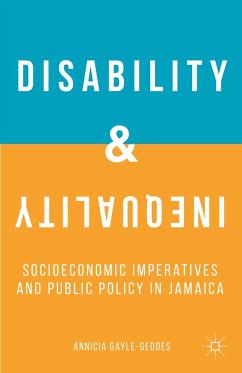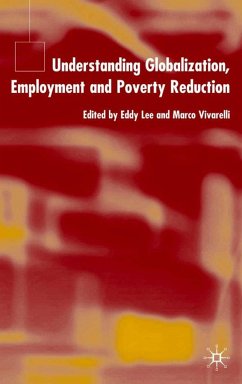
The New Social Division
Making and Unmaking Precariousness
Herausgegeben: Della Porta, Donatella; Silvasti, Tiina; Hänninen, Sakari; Siisiäinen, Martti

PAYBACK Punkte
49 °P sammeln!
This volume addresses issues of precariousness in a broad, interdisciplinary perspective, looking at socio-economic transformations as well as the identity formation and political organizing of precarious people. The collection bridges empirical research with social theory to problematize and analyse the precariat.














